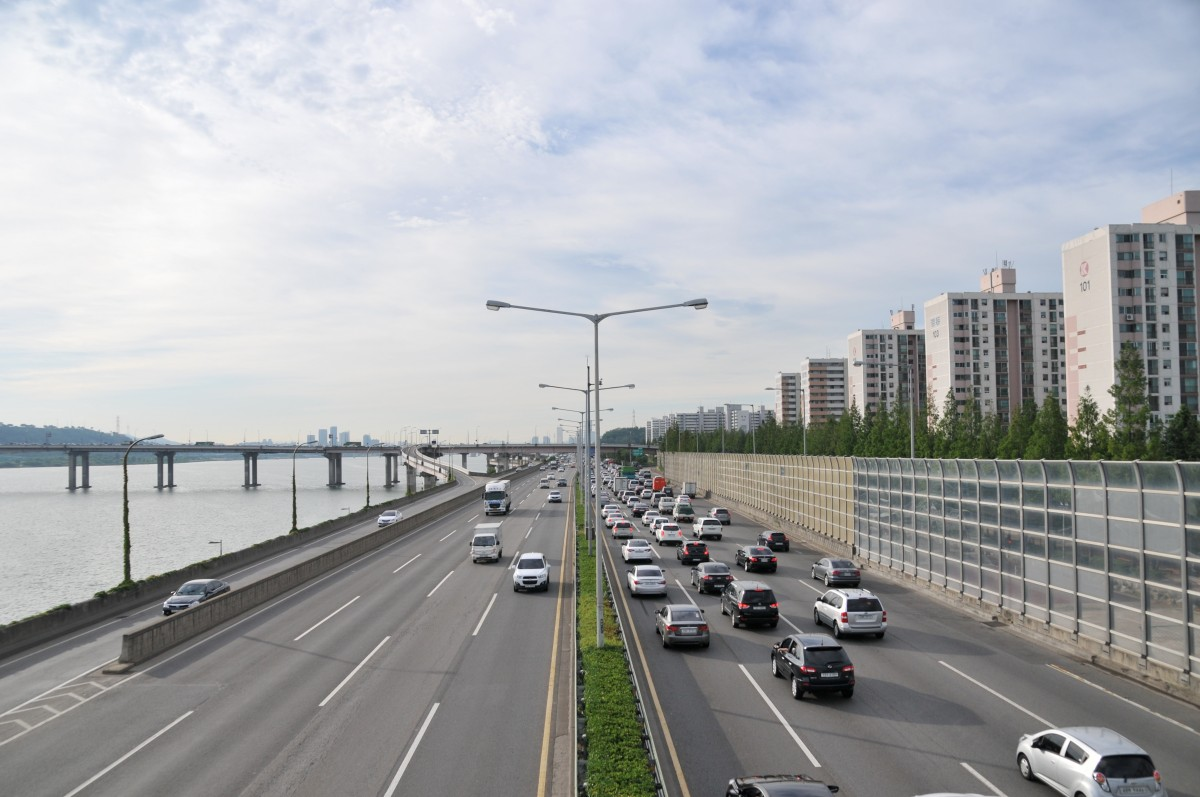Deadlines, meetings, and frequent communication are all part of the hectic modern work life. The everyday commute, however, is frequently disregarded despite having a significant influence. Commuting has a big impact on our work-life balance, frequently in ways we aren’t even aware of, whether we are stopped in traffic, alighting at bus stop bus points or crammed onto a packed train, or navigating a busy city street.
The Time Factor
Perhaps the most obvious impact is the sheer amount of time consumed by commuting. Hours spent from bus stop bus to and from work are hours lost to activities we value – family time, hobbies, exercise, or simply relaxing. A long commute can essentially extend your workday, making it harder to disconnect and recharge. This “time tax” can lead to feelings of frustration, resentment, and ultimately, burnout.
Stress and Strain:
Commuting is rarely a relaxing experience. The stress of navigating traffic, dealing with delays, and contending with other commuters can take a toll on our mental and physical well-being. Studies have shown that long commutes are associated with higher levels of stress hormones like cortisol, leading to increased anxiety, irritability, and even physical ailments like headaches and high blood pressure. Arriving at work already stressed can negatively impact performance and relationships with colleagues, while returning home in a similar state can strain relationships with family members.
Erosion of Personal Wellbeing:
The detrimental effects of commuting can extend beyond stress and time constraints. The lack of time often leads to sacrifices in personal wellbeing. Exercise routines are abandoned, healthy meals are replaced with convenient fast food, and sleep is prioritized last. These compromises, made to accommodate the demands of the commute, can have long-term consequences for our physical and mental health, further eroding our work-life balance.
Impact on Social Connections:
Long commutes can also isolate us from our communities and social networks. With less time available for social interactions, relationships can suffer. Attending social events, participating in community activities, or simply spending quality time with friends and family becomes increasingly difficult, leading to feelings of loneliness and disconnect.
The Silver Lining (If You Can Find It):
While the negative impacts of commuting are undeniable, some individuals manage to find ways to mitigate them. Using commute time for productive activities like listening to podcasts, audiobooks, or language learning can make the journey feel less like a waste of time. Others use public transportation as an opportunity to read, meditate, or simply unplug from technology.
Reclaiming Your Balance:
Fortunately, there are steps individuals and organizations can take to minimize the negative impact of commuting:
- Explore Alternative Transportation: Consider cycling, walking, or carpooling to reduce stress and potentially incorporate exercise into your daily routine.
- Negotiate Flexible Work Arrangements: Telecommuting, remote work options, and flexible hours can significantly reduce or eliminate the daily commute altogether.
- Optimize Your Commute: Plan your route in advance, use navigation apps to avoid traffic, and prepare entertainment to make the journey more enjoyable.
- Prioritize Self-Care: Schedule dedicated time for exercise, healthy eating, and relaxation, even if it means adjusting your schedule.
- Employers Should Advocate for Change: Companies can promote policies that support flexible work arrangements, provide commute assistance (e.g., subsidies for public transport), and encourage employee wellbeing programs.
Commuting is a significant factor in the complex equation of work-life balance. Recognizing its negative impacts and proactively seeking solutions is crucial for maintaining a healthy, fulfilling, and sustainable lifestyle. By prioritizing our well-being and advocating for supportive work arrangements, we can reclaim our bus stop bus time, reduce stress, and ultimately achieve a better balance between our professional and personal lives.
